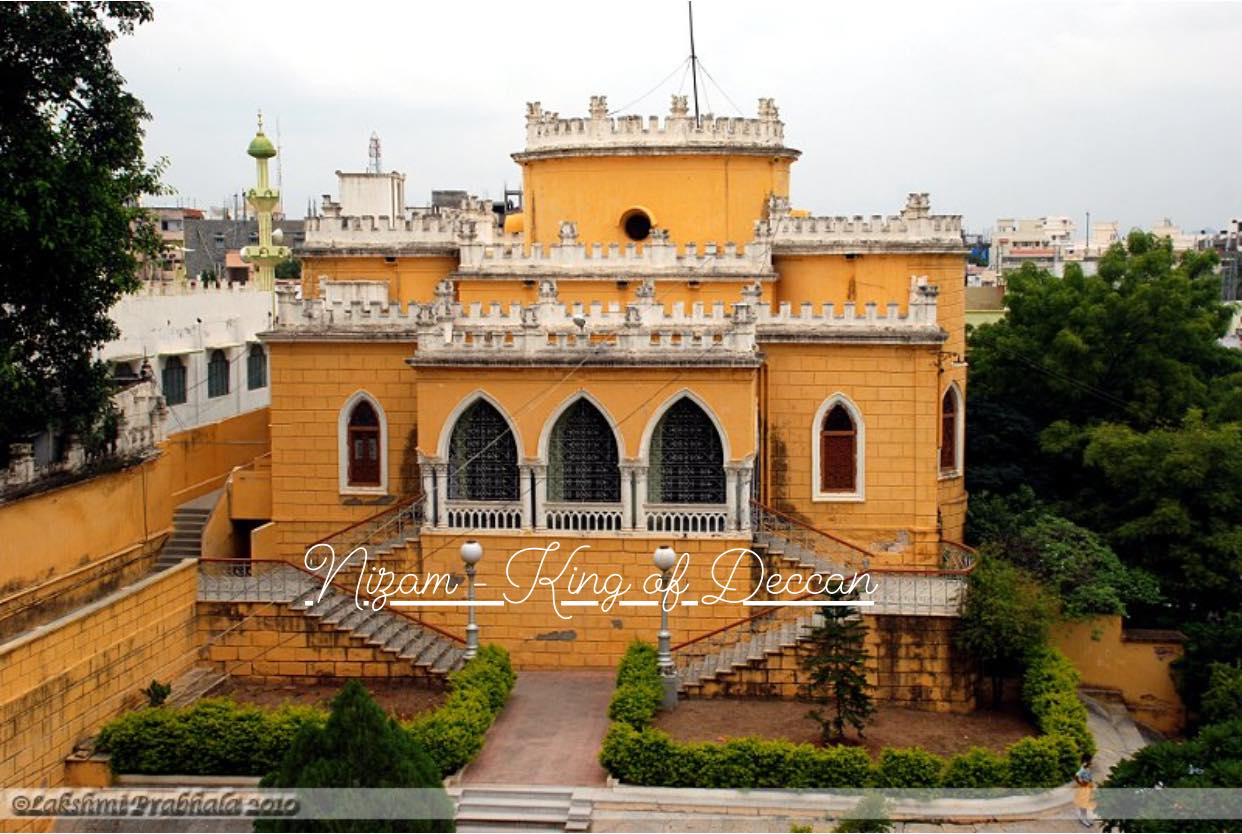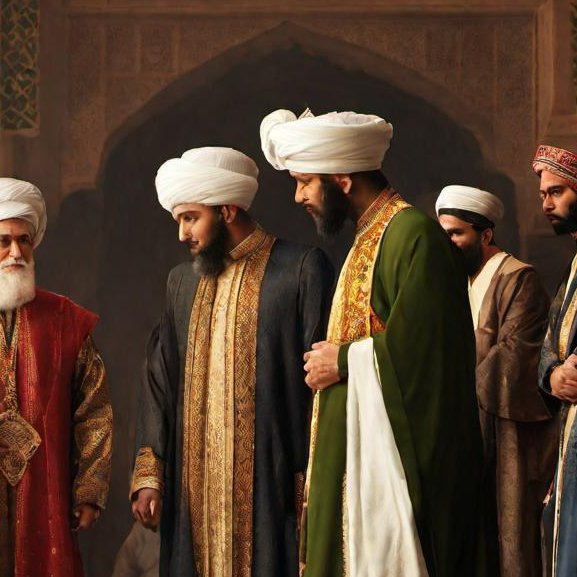Charity is one of the five basic tenets of Islam and it was generously practiced by Nobel women of Mughal dynasty. This is the reason why pious daughter of Aurangzeb Alamgir, Zinat un Nissa Begum decided to commission a mosque. Construction was completed in the year 1707, exact 150 years before the beginning of the great Indian Mutiny. She died three years later in the year 1710. According to the inscription on a red stone slab, which exists in front of the Mosque, her ‘Tomb was removed after 1857, when the Mosque was used by British army’.
Poverty is a steady state, what we should give name to the situation when charity donors suddenly becomes a charity recipient. Is it a curse or a test?
Below is an account from ‘Agony of Delhi’
“When thousands of Muslims were killed, their helpless wives, unmarried daughters, sisters and mothers were left with no means of support. Many of them married the Muslim soldiers in the British army, others became prostitutes. Bahadur Shah’s daughter Rabeya Begum to ward off hunger married the famous cook Hussaini. Bahadur Shah’s other daughter Fatima Sultan joined a girls convent school as a teacher.
Hundreds of women afflicted with hair lice got their hair shaved off; thousands of respectable women were reduced to begging. If any person decided to give alms in the form of bread, grain or coins, crowd of these noble women would collect to take what ever they could, and these were the same women who in recent past were responsible for distributing thousands of Rupees in charity.”
Source: From Book “The Agony of Delhi”, Authentic Historic Record by Khwaja Hasan Nizami, published for the 2nd time in 1922 by Ibn Arbi Translated by Sattar Kapadia.
Below is another rare photo of Zinatunnisa Mosque, taken by Robert and Harriet Tytler in the year 1858.
Image Courtesy: The British Library, London.





